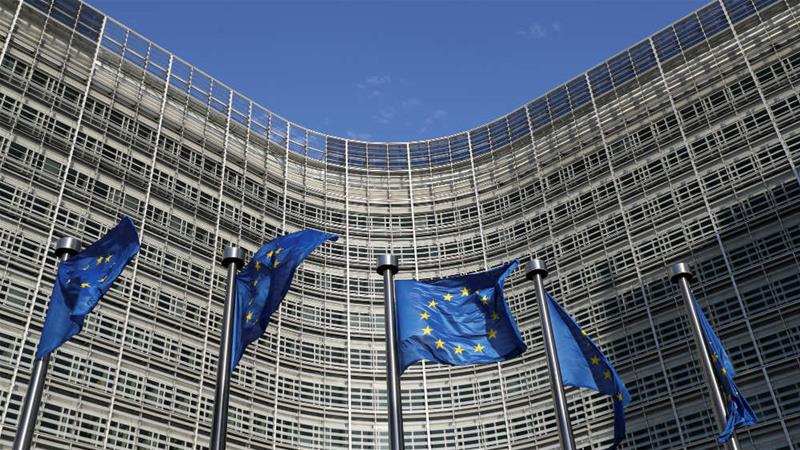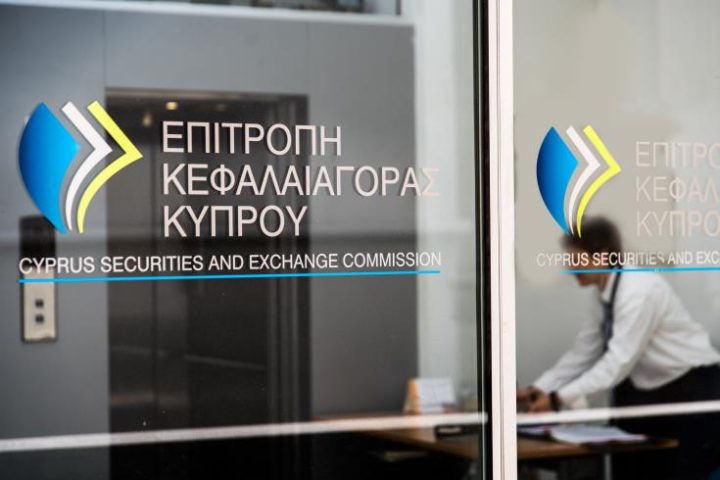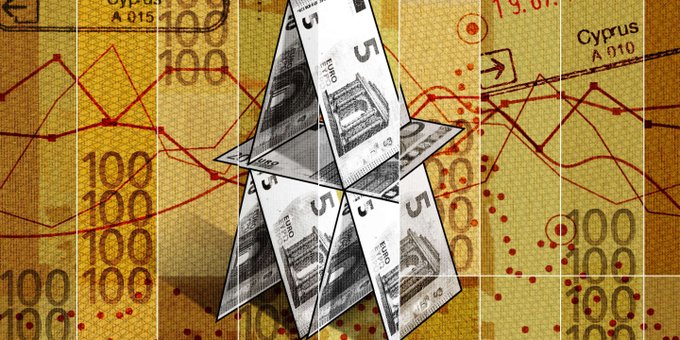By Nicole K. Phinopoulou
The main pillar of consideration for creating a viable strategy; What does it take to achieve any business goal? If we want to be honest and crystal clear, the answer is funding.
Without the necessary funds, no matter how ambitious, detailed and promising the goals are presented in an ideal business plan, in the end, they will simply remain on paper and at an idea stage.
That is why the European Union, to achieve its set goals for Sustainable Development, places special emphasis on promoting Sustainable Finance as a first course of action.
Since 2016, the EU has been examining ways and means of practically integrating sustainable development issues into the financial policy for capital flows in sustainable activities for achieving a sustainable development Action Plan endorsed by the Member States.
Since 2018, the EU has adopted a special targeted Action Plan with specific legal and financial parameters on Sustainable Finance (Financing Sustainable Growth/Sustainable Finance Action Plan).
The objective is for Member States to implement their commitment to channel private funds into investments that support the Paris Agreement 2016, with an initial target of achieving carbon neutrality by 2050, while, at the same time, achieving the UN’s 17 Sustainable Development Goals (SDGs).
It is widely accepted that the famously known Green Deal (Global Green Deal/UN) will be implemented only with targeted projects.
This Deal, a major steppingstone, provides for a modern, resource-efficient, and competitive economy.
The EU has committed through the European Green Deal that 1/3 of the Next Generation, i.e., EU €1.8 trillion recovery package, will be directed towards implementing the Green Deal.
The EU’s goal, primarily, is for significant funds from the private sector to step up the effort towards a climate-neutral and energy-efficient environment concerning natural resources and a fair distribution of economic benefits.
That is why on July 6, 2021, the European Commission published its updated strategy for financing the transition to a Sustainable Economy.
It is an ongoing evolution in succeeding a Circular Economy.
With all this in mind, the ever-increasing number of investors who take the Environmental, Social and Governance (ESG) factors into consideration when making investment decisions in the financial sector is only natural intrinsic transformation.
It is not by chance that long-term Investment Vehicles and Funds that invest in sustainable economic activities and projects are constantly being created.
With the EU placing so much emphasis on Sustainable Development issues and investors that seem to be initially responding, it is clear that attention is now being equally placed on the implementation of the required EU Regulations and Directives that are evolving for the regulation of interrelated Sustainable Development and Corporate Social Responsibility issues.
The EU Taxonomy Regulation, the Sustainable Finance Disclosure Regulation (SFDR) and the Benchmark Regulation (BMR) are the foundation for increasing transparency while providing investors with the tools they need to examine and identify sustainable investment opportunities or obtain a comprehensive view of Investment Fund Managers, Financial and Investment Organisations.
It is a pan-European Plan, evidenced by the fact that the Regulations cover the organisations supervised by all (three) European Supervisory Authorities in financial services, i.e., the European Banking Authority (EBA), the European Securities and Markets Authority (ESMA) and the European Insurance and Occupational Pensions Authority (EIOPA), as appropriate.
It is not by chance that the European Commissioner for Financial Stability, Financial Services and the Capital Markets Union, Mairéad McGuinness, recently stated: “Sustainability is high on the of EU agenda for financial services…the recovery must be green” and that there should be significant private investment in sustainable activities.
With Cyprus on the bench to receive hundreds of millions of euros from the EU, which on July 26 approved the country’s Recovery and Resilience Plan, we can be sure that the implementation of Sustainable Finance and Development rules is anything but a firework.
Nor are they going to leave the Cypriot companies and businesses supervised, indirectly by the authorities mentioned above in cooperation with the Cypriot authorities, unaffected.
Ultimately, Sustainable Finance has already begun to redefine banking and wider financial services and how we will all operate from now on.
The consideration of prudent strategic decisions that lead to sustainable business solutions is more fundamental than ever.
Sooner or later, we, as businesses and as citizens, if we are not willing or do not start taking action towards achieving real, sustainable development projects; and continue to rely on temporary unsustainable situations or “solutions”, then the attempt to attract new direct and long-term investments will fail, and we may even lose significant EU funds.
Nicole K. Phinopoulou, Lawyer/Legal Counsel, Alumni of the Institute for Sustainability Leadership, University of Cambridge










